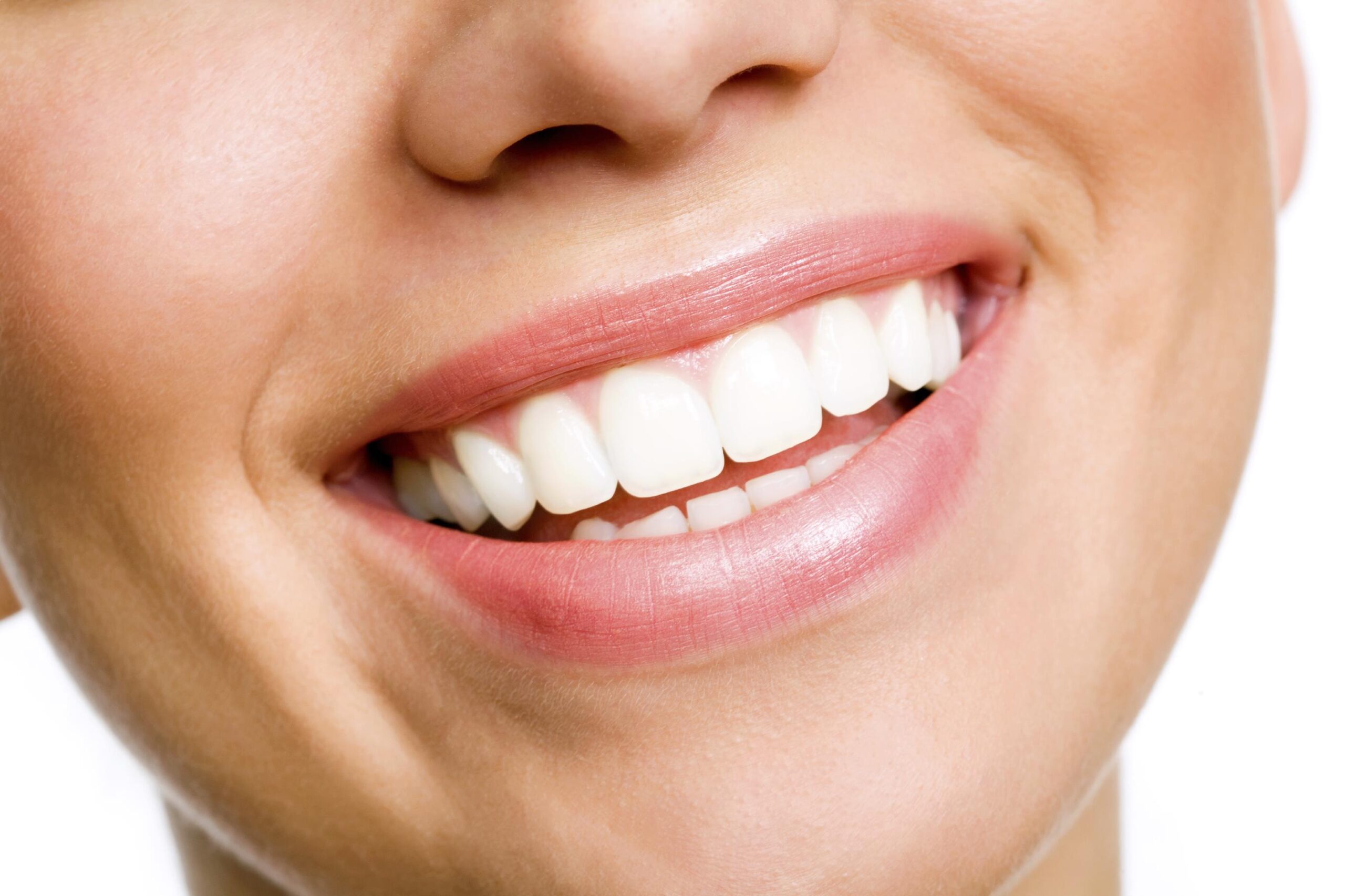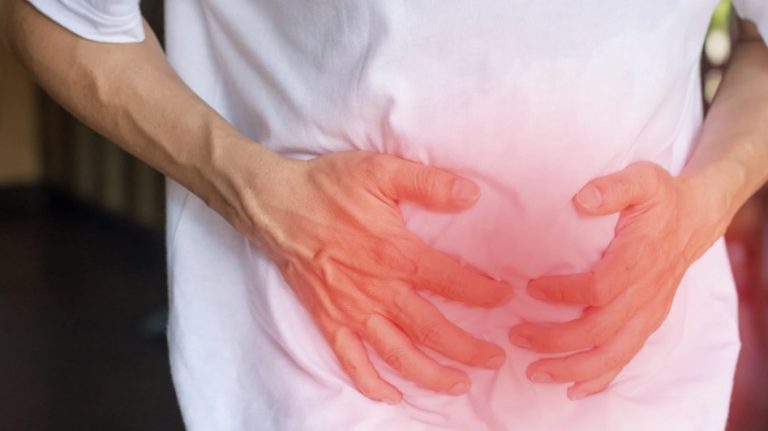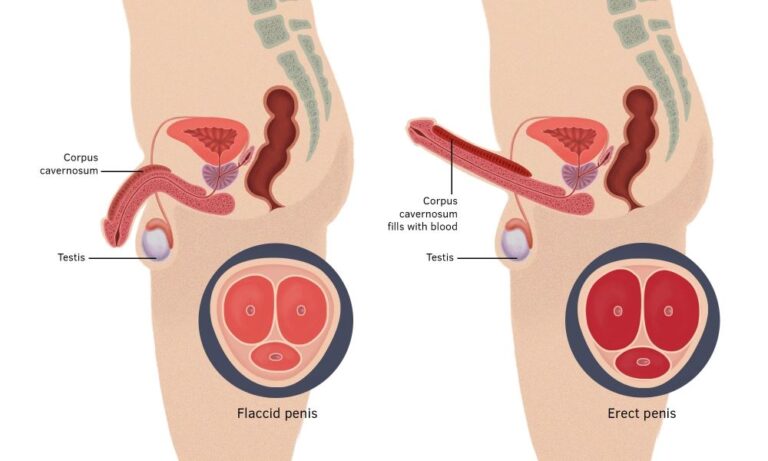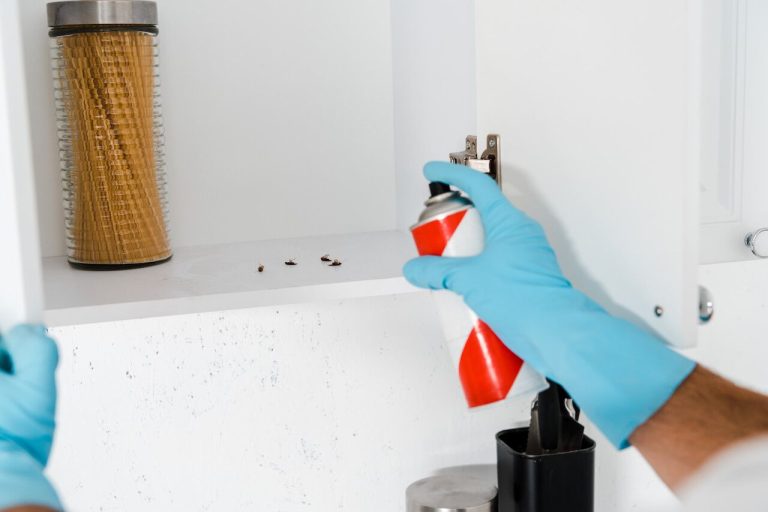
Have you ever asked yourself why teeth turn yellow in the first place? Internal and external factors, known as intrinsic and extrinsic stains, can cause teeth to be yellow. Before determining the steps to take for whitening, it is necessary to consult with Scott Young, DDS, to determine the type of stain on the teeth. Both intrinsic and extrinsic stains can be diminished through teeth whitening. When you use teeth whitening products excessively, you risk damaging your teeth.
Advantages of teeth whitening treatments
Our mouths and teeth are the most visible features of our faces, and a lovely smile can be worth a thousand words. Most individuals are self-conscious about their teeth and smile, making teeth whitening a popular cosmetic dental treatment in the United States. Here are five common advantages of teeth whitening:
- Increased appeal to the opposite sex. The AACD (American Academy of Cosmetic Dentistry) states that 96% believe that having a friendly smile makes them more appealing to the opposite gender.
- Increased social opportunities. One of the best first impressions you can make is a great smile, making you appear open, friendly, and happy.
- Teeth whitening reduces the appearance of wrinkles. If you are self-conscious about wrinkles, teeth whitening could be an excellent option for you! People are more likely to notice your bright white smile than your wrinkles. This will deflect attention away from the appearance of nearby wrinkles, acne scars, and frown rows.
- Teeth whitening requires little preparation and produces quick results. Furthermore, teeth whitening is non-invasive, virtually painless, and has no adverse side effects.
- Teeth whitening can be done in the coziness of your own home or the comfort of your doctor’s office in a short period based on the process you choose.
What happens during teeth whitening?
If you need teeth whitening, you will have to visit your dentist twice or three times. The doctor will create a replica of your teeth to make a mouthguard and instruct you on using it with a bleaching gel. You will then use your mouthguard to apply the gel for a set period over a few weeks at home. Some whitening gels can be applied for up to 8 hours, cutting treatment time in half. Your dentist can also provide laser whitening, another type of teeth whitening system.
Are there risks of teeth whitening?
Whatever treatment you choose, your gums may become sensitive to the chemicals used in teeth whitening, mainly if you already have sensitive teeth. Also, there is a risk of gum burns, and some at-home whitening kits can harm tooth enamel.
Is teeth whitening permanent?
Teeth whitening is not a long-term solution because it can last between a few months to three years based on the individual. If you smoke or take red wine, tea, or coffee, which can all stain your teeth, the whitening effect will be short-lived. Although long-term damage from teeth whitening is uncommon, temporary sensitivity is not unusual. Your dentist can help you reduce irritation if you encounter any discomfort following your teeth whitening treatment.
When done properly, teeth whitening is a great way to enhance your smile, boost your confidence, and make you look happy and healthy. Call Scott Young, DDS, or book your appointment online today to learn more.





